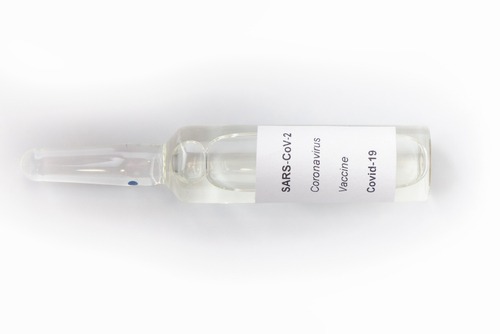
ConserV Bioscience Limited (CBL) and the Lawrence Livermore National Laboratory (LLNL) agreed to collaborate this week in creating a universal coronavirus vaccine capable of protecting against coronavirus pathogens of human and animal origin, as well as new mutations, researchers said.
CBL, a British company, will provide antigen identification expertise while LLNL offers its nanolipoprotein delivery system. Their broad-spectrum vaccine aims to be useful against MERS, SARS, and SARS-CoV-2, among others. It will achieve this through conserved immunoreactive regions from coronavirus proteins encoded in mRNA. This will be formulated with the aforementioned nanolipoprotein particle vehicle before injection, allowing freeze-drying of both components separately that will have the added benefit of avoiding cold chain storage and transportation troubles.
“We have identified regions within the proteins of the virus that are not susceptible to change, and if effective, the vaccine promises to protect against a broad spectrum of current circulating coronavirus strains and future emergent ones,” Kimbell Duncan, CEO of ConserV Bioscience, said.
At this point, SARS-CoV-2 alone could be producing as many as two mutations per month, according to LLNL. These have resulted in variations that do things like increase infectivity or reduce the effectiveness of current vaccines. A broad spectrum vaccine could theoretically reduce these risks by providing some capability against continued mutations, strains that jump from species to species, or human strains that become more virulent and pose new pandemic threats.
The world is rapidly closing in on nearly 1 billion cases of SARS-CoV-2 infection since the pandemic began. To date, the pandemic has killed more than 2 million people, owing to coronaviruses’ impacts on the respiratory tract and other effects.
“We look forward to combining our nanolipoprotein particle technology with ConserV’s mRNA construct encoding conserved viral epitopes,” LLNL biologist Amy Rasley said. “We hope to advance the vaccine candidate to human trials as quickly as possible.”




